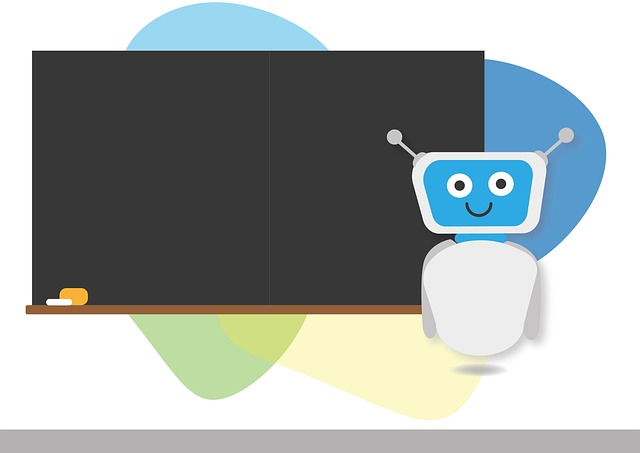
Understanding the Role of AI Chatbots in Therapy and Health Advice
Artificial Intelligence (AI) chatbots have emerged as innovative tools in the realm of healthcare, offering users immediate access to information and support. These AI-driven platforms, such as OpenAI's ChatGPT and Luka's Replika, are increasingly being utilized for medical and mental health advice. (pbs.org)

The Rise of AI Chatbots in Healthcare
The integration of AI chatbots into healthcare has been propelled by several factors:
-
Accessibility: Users can engage with these platforms at any time, breaking down traditional barriers such as cost and wait times associated with human healthcare providers.
-
Anonymity: Individuals may feel more comfortable discussing sensitive health issues with a chatbot, reducing the stigma often associated with seeking help.
-
Cost-Effectiveness: AI chatbots can provide basic support and information without the financial burden of traditional therapy sessions.
Benefits of AI Chatbots in Mental Health Support
AI chatbots offer several advantages in the mental health domain:
1. Immediate Access to Support
Platforms like Woebot provide users with instant access to mental health support, offering cognitive behavioral therapy techniques and emotional support around the clock. (qa.time.com)
2. Scalability
AI chatbots can serve a large number of users simultaneously, making mental health support more scalable and accessible to diverse populations.
3. Cost Reduction
By automating certain aspects of mental health care, AI chatbots can reduce the overall cost of providing support services.
Challenges and Limitations
Despite their potential, AI chatbots face several challenges:
1. Accuracy and Reliability
AI chatbots can sometimes provide incorrect or misleading information, a phenomenon known as "hallucination." This can be particularly concerning when users rely on these platforms for medical or mental health advice. (pbs.org)
2. Lack of Emotional Intelligence
While AI chatbots can simulate empathy, they lack the genuine emotional understanding that human therapists offer, which is crucial for effective mental health support. (time.com)
3. Privacy Concerns
Users may share sensitive personal information with AI chatbots, raising concerns about data privacy and security.
Ethical Considerations
The use of AI chatbots in healthcare raises several ethical questions:
1. Informed Consent
Users must be fully aware that they are interacting with AI and understand the limitations of these platforms.
2. Dependency
There is a risk that users may become overly reliant on AI chatbots, potentially neglecting traditional forms of therapy or medical advice.
3. Bias and Fairness
AI systems can inherit biases present in their training data, leading to unequal treatment or reinforcing existing disparities in healthcare. (en.wikipedia.org)
Regulatory and Policy Implications
As AI chatbots become more prevalent in healthcare, regulatory bodies are considering guidelines to ensure their safe and ethical use. For instance, Illinois has passed the Wellness and Oversight for Psychological Resources Act, banning the use of AI in therapeutic roles by licensed professionals, while allowing AI for administrative tasks. (en.wikipedia.org)
Future Outlook
The future of AI chatbots in healthcare is promising, with ongoing advancements aimed at improving their accuracy, emotional intelligence, and ethical frameworks. However, it is essential to view these tools as complementary to, rather than replacements for, human healthcare providers.
Conclusion
AI chatbots have the potential to revolutionize healthcare by providing accessible and scalable support. However, it is crucial to address the challenges and ethical considerations associated with their use to ensure they serve as a beneficial addition to the healthcare landscape.